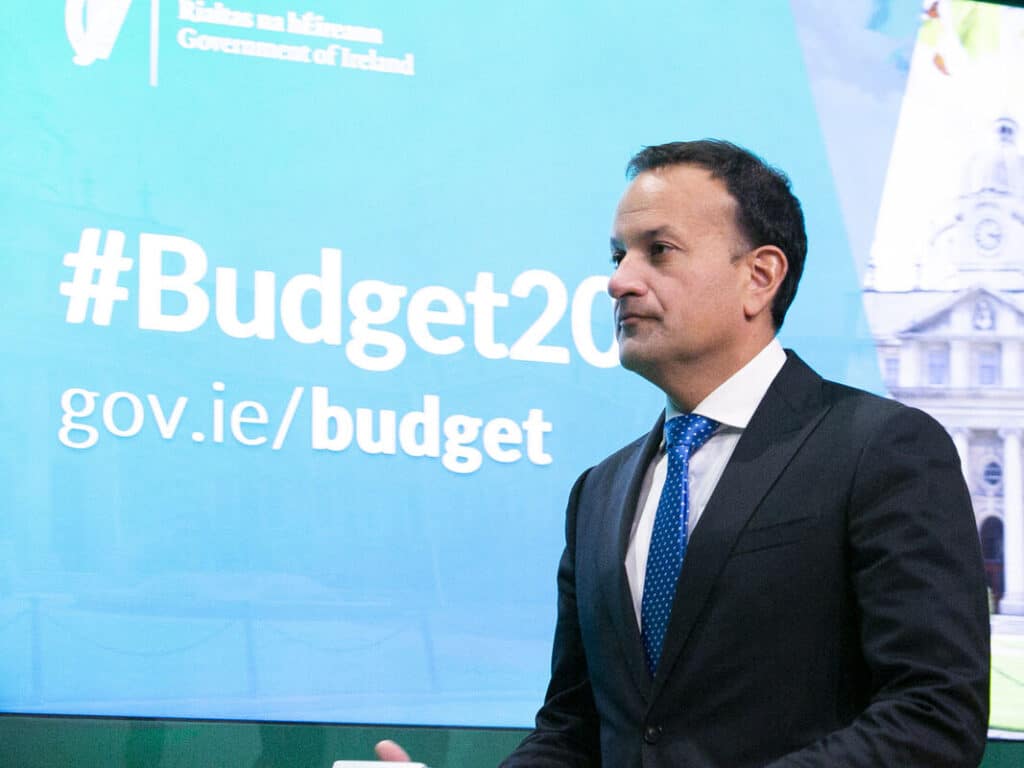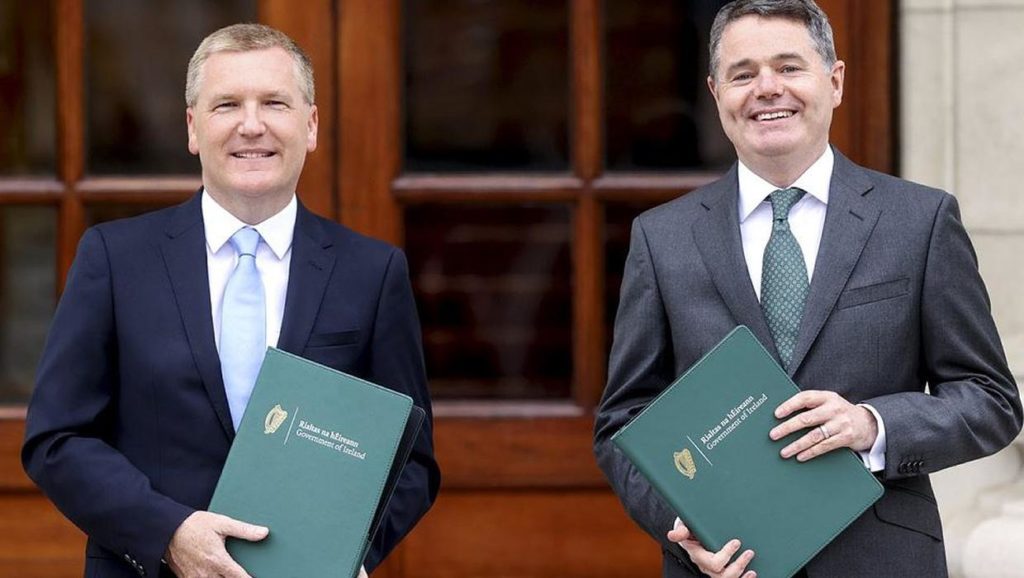Celebrating Success: UCD MedWeek 2023 Raises Record Funds for Charity
The spirit of community and charity shone brightly as UCD Med Week 2023 concluded with unprecedented success, raising a record €30,398.73.
MedicalAccountant.ie is proud to have played a pivotal role in this monumental achievement as a t-shirts sponsor, contributing to the highest-ever in-person collection for the event.
This year’s MedWeek was more than just a fundraising event; it was a testament to the power of collective effort and compassion. The funds raised are set to make a significant impact on our chosen charity partners, Irish Dogs for the Disabled. This contribution will fully train two puppies, transforming them into invaluable aids for individuals with disabilities.

Our engagement in MedWeek 2023,We were delighted to sponsor the fabulous Med Day t-shirts, a symbol of unity and dedication amongst all participants. The enthusiasm and commitment of every volunteer, from those who baked and quizzed to those who collected donations, were the driving forces behind this remarkable accomplishment.
As MedicalAccountant.ie, we are more than just a financial advisory firm for medical professionals; we are a community player committed to making a difference. Supporting UCD MedWeek aligns perfectly with our ethos of giving back to the community and fostering positive change.
We extend our heartfelt gratitude to UCD MedSoc, the tireless volunteers, and everyone who contributed to making this event a resounding success. Your hard work and generosity have set a new benchmark for what we can achieve together.

This collaboration exemplifies the potential for positive change when academia, business, and community unite. We look forward to future partnerships and continuing our commitment to impactful philanthropy.
In closing, a special thanks to UCD MedSoc for sharing the inspiring images and updates on their Instagram page. These glimpses into the week’s events not only highlight the fun and camaraderie but also the collective spirit that defines MedWeek.
Together, we’ve made a difference. Together, we’ve set a new standard for charitable giving.
If you looking for a Medical Accountant in Ireland, Get in touch with us.






